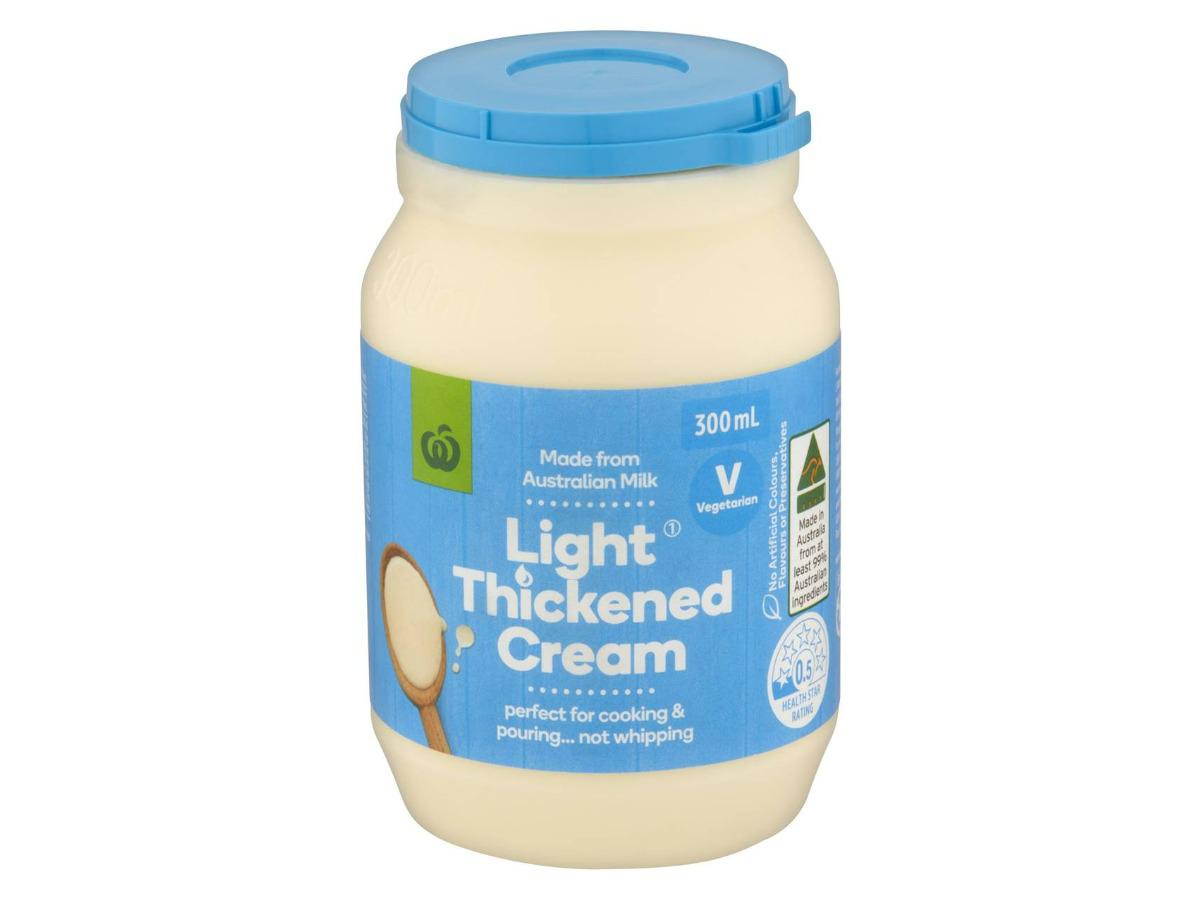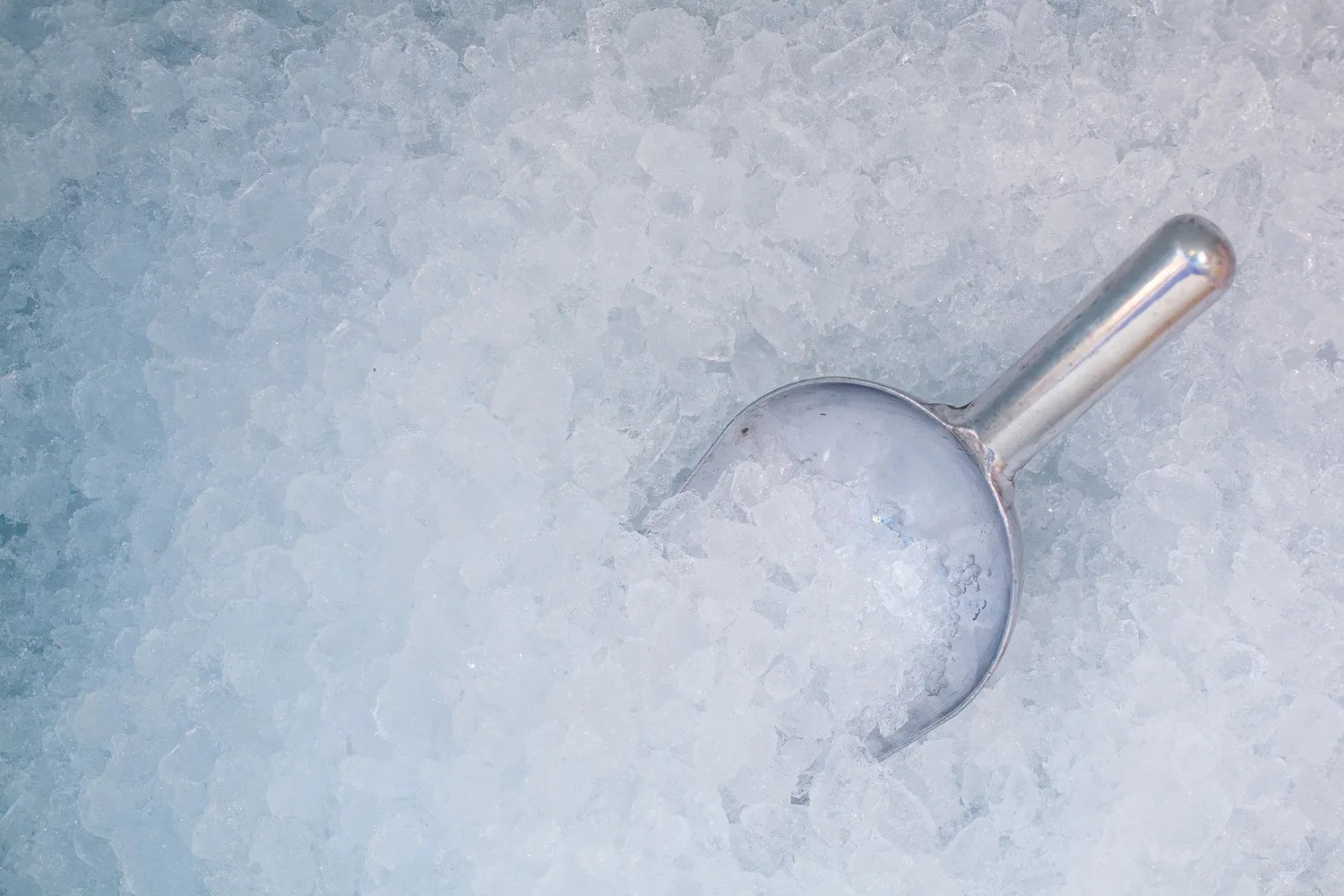The Difference Between Iodized Salt and Sea Salt
Salt is a staple ingredient in almost every kitchen around the world. It not only enhances the flavor of our food but also provides essential nutrients. When it comes to choosing the right type of salt, two popular options are iodized salt and sea salt. While they may seem similar, there are some key differences between the two.
Iodized Salt
Iodized salt is table salt that has been fortified with iodine, a vital micronutrient that plays a crucial role in thyroid function and overall health. Iodine is essential for the production of thyroid hormones, which regulate metabolism and support proper growth and development.
Here are some key points about iodized salt:
- It is typically mined from underground salt deposits.
- The iodine content helps prevent iodine deficiency, which can lead to thyroid problems.
- It has a fine texture and is often used in baking and cooking.
- It is the most commonly used salt in processed and packaged foods.
Sea Salt
Sea salt is produced through the evaporation of seawater and is minimally processed, allowing it to retain more natural minerals. It is available in various textures, from fine to coarse, and comes in different colors, depending on its source and the minerals it contains.
Here are some key points about sea salt:
- It is harvested from evaporated seawater and may contain trace minerals such as magnesium, potassium, and calcium.
- It is available in different varieties, including Himalayan pink salt and Celtic sea salt.
- It is often used as a finishing salt to add texture and flavor to dishes.
- It is considered a more natural alternative to iodized salt.
The Differences
Now that we have a basic understanding of iodized salt and sea salt, let’s explore the key differences between the two:
- Processing: Iodized salt undergoes more processing to add iodine, while sea salt is less refined and retains more natural minerals.
- Texture: Iodized salt is fine and uniform in texture, whereas sea salt can vary in coarseness and may contain natural impurities.
- Flavor: Sea salt is known for its distinct flavors, which can vary depending on its source, while iodized salt is more neutral in taste.
- Usage: Iodized salt is commonly used in cooking and baking, while sea salt is often used as a finishing salt or for seasoning at the table.
Which One Should You Choose?
When it comes to choosing between iodized salt and sea salt, both options can be part of a healthy diet. Iodized salt is a reliable source of iodine, which is important for overall health, especially for individuals at risk of iodine deficiency. On the other hand, sea salt provides a more natural and varied mineral content, making it a popular choice for those looking to add depth of flavor to their dishes.
Ultimately, the choice between iodized salt and sea salt comes down to personal preference and dietary needs. Some people may prefer the convenience and health benefits of iodized salt, while others may enjoy the unique flavors and textures of sea salt.
It’s important to note that regardless of the type of salt you choose, moderation is key. Excessive salt intake can lead to health issues, so it’s essential to use salt in moderation as part of a balanced diet.
Conclusion
Both iodized salt and sea salt have their own unique characteristics and benefits. Understanding the differences between the two can help you make an informed decision based on your personal preferences and nutritional needs. Whether you opt for the added iodine in iodized salt or the natural minerals in sea salt, incorporating salt in moderation can enhance the flavors of your favorite dishes while supporting your overall well-being.
Was this page helpful?
Read Next: What Is Kinder’s Chicken Sauce











